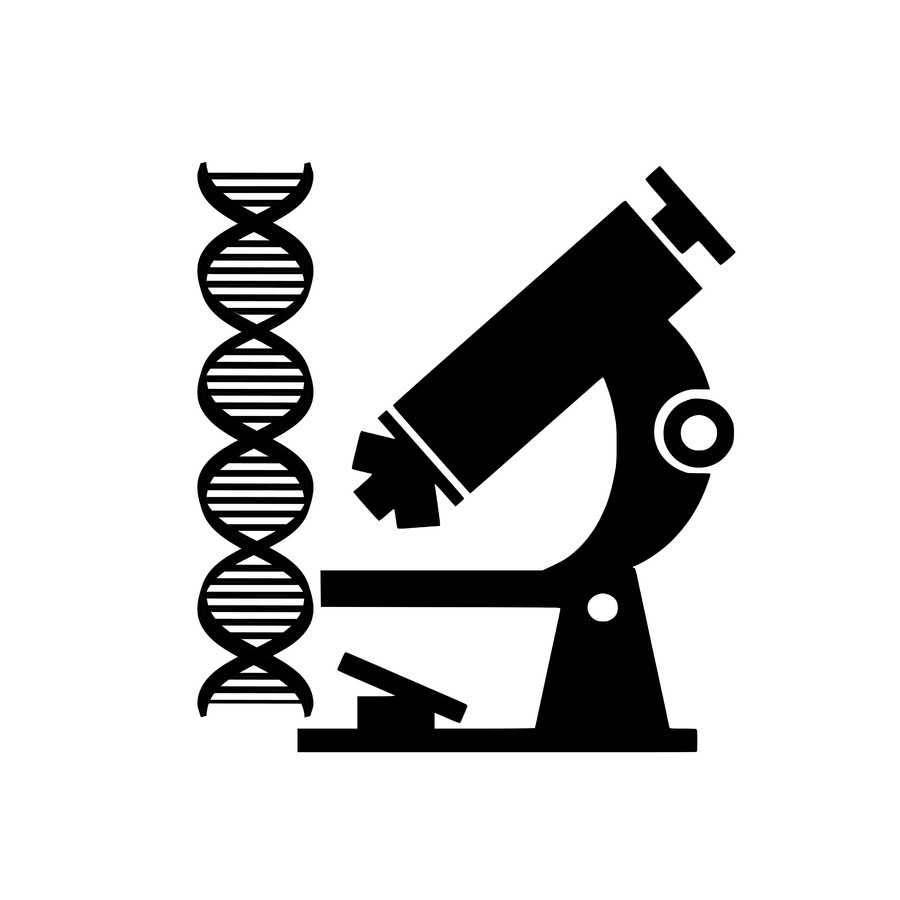
NUTRITIONAL GENETIC TEST, YES OR NO
Do you know what a nutritional genetic test is? Do you know what it is for? Surely you have heard of them or have read some article in which this type of tests are promoted. A nutritional genetic test is a relatively new consumer product that any of us can acquire for a modest price, through a sample of our DNA, the company in charge of carrying it out, analyzes specific areas of it in which the genes related to the development of certain pathologies, intolerances and even obesity are found. Nutritional genetic test analyzes specific parts of your DNA
Rn
Rn Rn For any of us, having the possibility of knowing what predisposition we have to suffer from a disease, intolerance or imbalance in our health, is very attractive, let’s not fool ourselves, we love to hear what we want to hear, but we must be aware that, in general, this is nothing more than a pipe dream. And predicting whether at some point in my life I will suffer from obesity or if I will be diabetic at 60 is not that simple, because your genes may have some involvement in it, but do you really think they are the only ones responsible? Thinking like this would be, at the very least, believing in the effectiveness of crystal balls to predict the future… How easy! Right? If these tests have become so popular it is for different reasons, mainly three:
- The costs of this type of genetic analysis have dropped.
- More and more people are determined to take control of their health, this does not seem bad to me, as long as they do not limits are crossed that could become dangerous for oneself.
- Many companies have seen a gold mine by offering these types of products; they are good business.
Genetic studies have become popular due to the drop in costs and because they represent good business.
In this sense, you may be interested in this review on how the drop in costs of genotyping and sequencing work has led to the proliferation of companies that offer the possibility of taking a nutritional genetic test, aimed directly at the end consumer, without clinical mediation.
Floris, M., Cano, A., Porru, L., Addis, R., Cambedda, A., Idda, M. L., Steri, M., Ventura, C., & Maioli, M. (2020). Direct-to-Consumer Nutrigenetics Testing: An Overview. Nutrients, 12(2), 566. https://doi.org/10.3390/nu12020566
And in this other article you can see how these genetic tests do not always meet consumer expectations, and what is worse, how two of the most successful companies that are dedicated to carrying them out have collected genetic information from a huge number of consumers, being the target of numerous criticisms for having sold their clients’ data to other companies.
Crow D. (2019). A New Wave of Genomics for All. Cell, 177(1), 5–7. https://doi.org/10.1016/j.cell.2019.02.041

Regarding the usefulness of this type of test, in my opinion, there is no need to perform a nutritional genetic test at any time in life, that is, it is not a test that will reveal with certainty the keys to our present or future state of health.
However, what I do see as essential is to adopt good eating habits from childhood, learn how important physical exercise and movement are, and how to reduce stress and connect with nature, among many other things.
Obviously, if there are problems or suspected allergies or intolerances, the appropriate thing to do is to consult a specialist and perform the appropriate tests.
Epigenetics relates environmental factors with the expression of genes.
But in addition to these “good habits”, I think it is important to introduce at this point another concept that is not usually talked about so much, but that has proven to be of vital importance, it is epigenetics*, which relates environmental factors with gene expression.
Let’s keep in mind that a nutritional genetic test analyzesthose specific parts of your DNA at a given time, but we know that there are factors such as age, or environmental factors (diet, exercise, medications and chemicals), that activate or deactivate gene expression without changing the DNA sequence.
Did you know that the uterine environment can predispose an individual to suffer from obesity throughout their life? There are experiences before birth that can cause important changes in how your genes are expressed.
Epigenetics refers to the fact that gene expression can be modified without causing a change in the DNA code, it is a response to the environment and enables adaptation.
The following study shows how genetic variants and epigenetic modifications are related to the development of various diseases and the way in which these respond to treatments, which has contributed to the search for genetic and epigenetic biomarkers to determine the risk of developing diseases chronicles.
Ramos-Lopez, O., Milagro, F. I., Allayee, H., Chmurzynska, A., Choi, M. S., Curi, R., De Caterina, R., Ferguson, L. R., Goni, L., Kang, J. X., Kohlmeier, M., Marti, A., Moreno, L. A., Pérusse, L., Prasad, C., Qi, L., Reifen, R., Riezu-Boj, J. I., San-Cristobal, R., Santos, J. L., … Martínez, J. A. (2017). Guide for Current Nutrigenetic, Nutrigenomics, and Nutriepigenetic Approaches for Precision Nutrition Involving the Prevention and Management of Chronic Diseases Associated with Obesity. Journal of nutrigenetics and nutrigenomics, 10(1-2), 43–62.https://doi.org/10.1159/000477729
A test with these characteristics can be requested without clinical mediation, but it is not recommended.
A nutritional genetic test does NOT take epigenetics into account, which is why I believe that as an isolated tool it is not valid. It could make some sense together with an epigenetic study and a nutritional intervention adapted to the results and always clinically mediated.
Performing a nutritional genetic test does not cover everything the factors involved in a person developing a disease or intolerance, or having more or less sensitivity to physical exercise or caffeine.

Epigenetics shows that genes and the environment interact in a complex.
Therefore, a nutritional genetic test does not take into account epigenetics, which, as I have already explained, refers to the modification of the expression of an individual’s genes as a result of exposure to external or environmental factors.
I am concerned that these types of tests can be purchased online without clinical mediation, without being prescribed by a nutritionist or a doctor.
If, for example, someone has difficulty controlling their weight, the solution is not to take a genetic test to see which foods will help their metabolism work better; that is the fast track.
The difficult and slow path will be to see what nutritional habits they have, what lifestyle habits, if they suffer from stress, if they rest enough, if they expose themselves to the sun, if they exercise, if they are an active person, etc., etc., etc.
I don’t know what you think about this, it is It is good to transmit knowledge and help people to be able to take control of their health, but recommending a nutritional genetic test, in most cases, is not the solution.
Before taking a nutritional genetic test, it is preferable to change your lifestyle habits in a broad sense.
Before performing a nutritional genetic test, there are many other paths to take. There may be very specific situations in which a health professional recommends it, but it must be clear that it is not the quick solution to know what the future holds.

Related entries:
*All of these recommendations do not constitute medical advice. I am a Dietetics Technician and a Nutrition Degree student. My current area of expertise is the development of personalized dietary plans, nutritional education, and outreach.